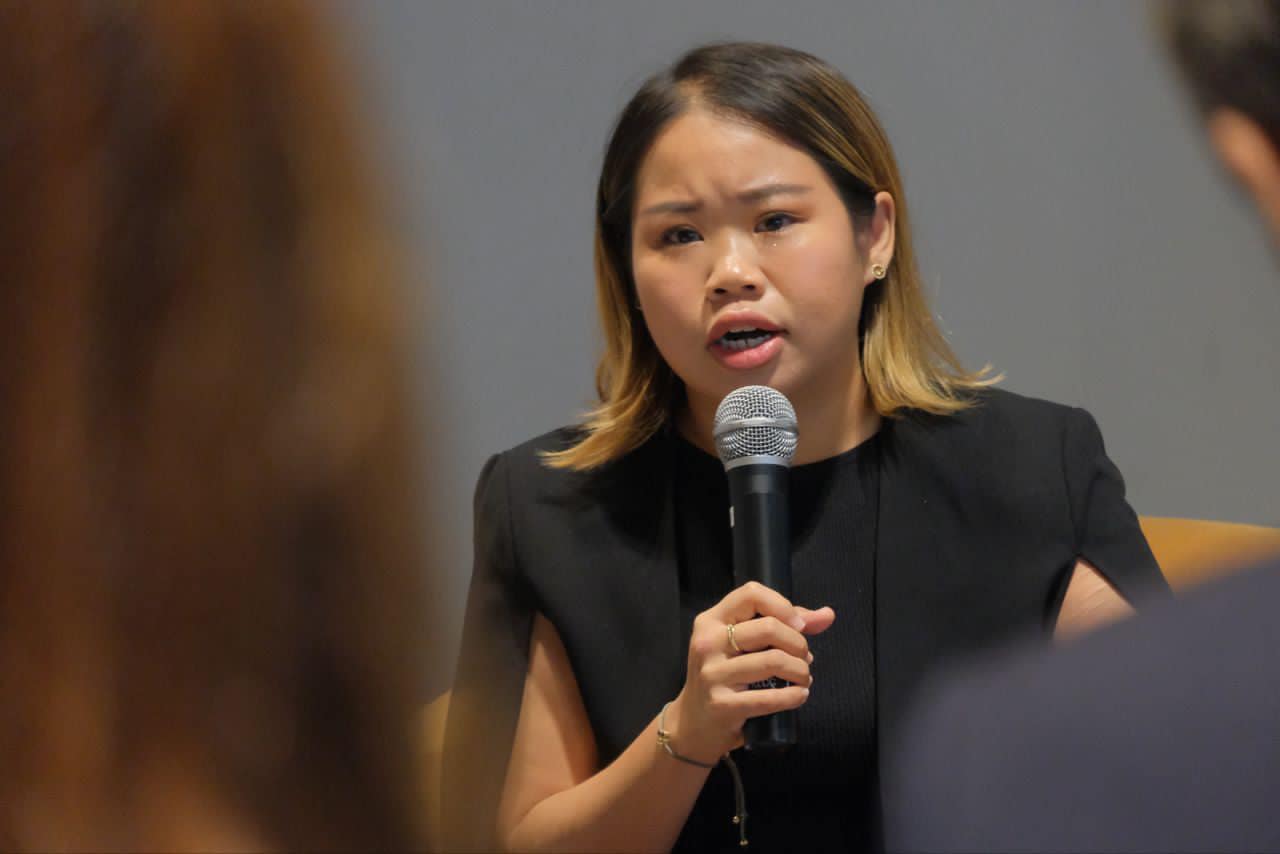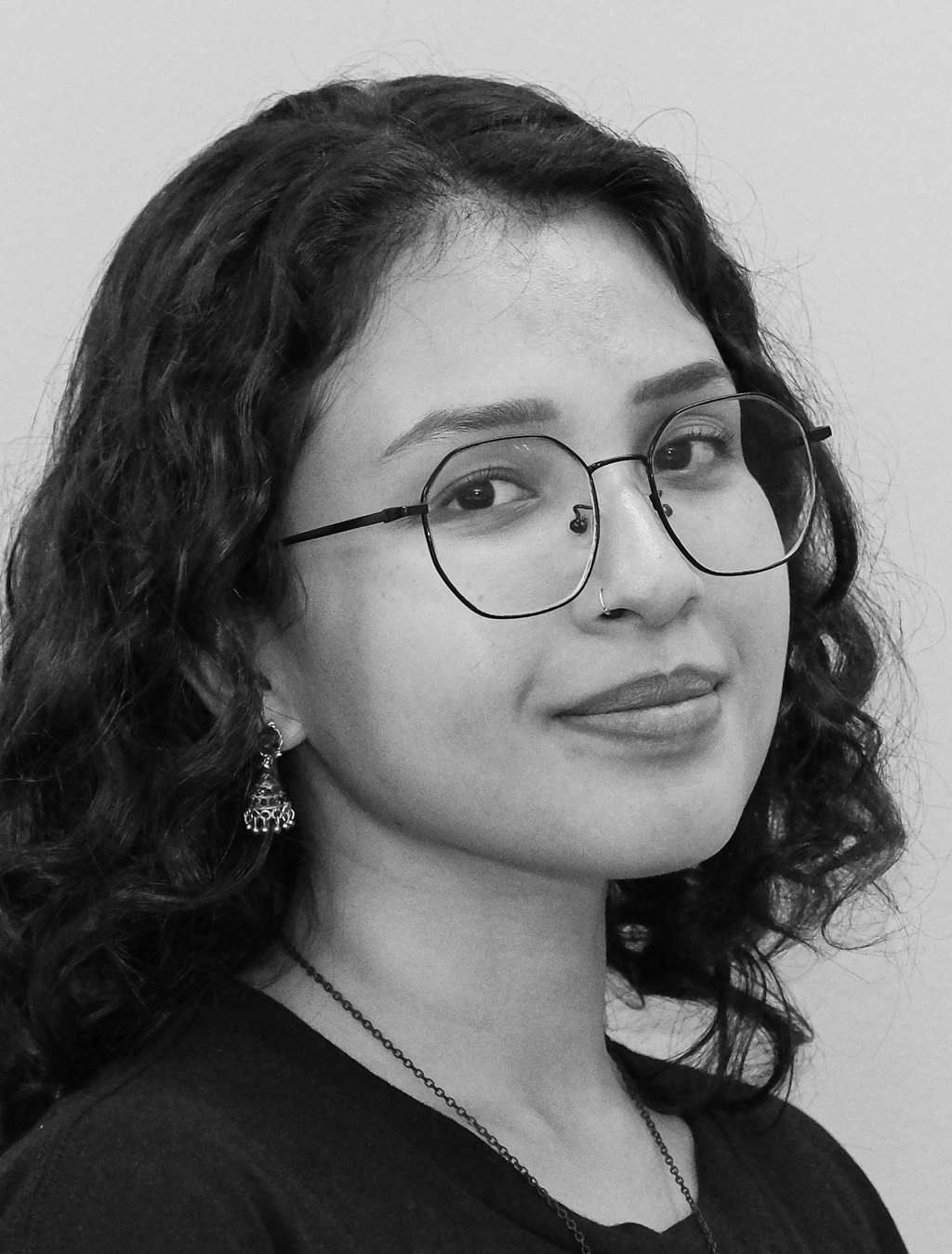KUALA LUMPUR — Refugee activist Heidy Quah Gaik Li is appealing the high court’s dismissal of her bid to remove the words “annoy” or “offensive”, or both, from Section 233 of the Communications and Multimedia Act (CMA) 1988.
In the executive summary of her application filed at the appellate court yesterday, Quah is seeking an order that the words are null and void as they are “inconsistent” with constitutional provisions
She cited Article 10 of the Federal Constitution which guarantees citizens the right to freedom of speech, assembly and association, and Article 8 on equality of all persons to receive protection under the law.
Under Section 233(1)(a) of the CMA, a person who makes, creates or solicits and initiates the transmission of any online comment which is “obscene, indecent, false, menacing or offensive” with “intent to annoy, abuse, threaten or harass another person” commits an offence.
Quah’s application, filed via law firm AmerBON, argued that the words “annoy” and “offensive” are unconstitutional as they are not a permissible restriction under Article 10(2)(a) of the constitution, which allows restrictions based on “public order”.
“The dictionary definition of ‘offensive’ and ‘annoy’ connote triviality which has little or no bearing (on) public order. Whatever the definition of public order may be, it is difficult to envisage that an offensive speech with the intention to annoy could be a threat to public order.”
Quah also said that the penalty of imprisonment and a hefty fine for offensive speech made with the intention to annoy is “disproportionate” to the legislative aim of the CMA because a person could be incarcerated and heavily fined “even if no actual harm has been caused by the person.”
“Causing offence with the intention to annoy is something that happens in everyday life. All that it takes for a person to be jailed is for one “victim” (using the term loosely) to be offended.
“It is disproportionate to jail a person simply for wanting to annoy another person,” added Quah, who is founder of Refuge for the Refugees.
In August 2021, Quah filed a civil lawsuit in the Shah Alam High Court against the government, seeking a court order to rule the words “offensive” and “annoy” in Section 233 of the CMA invalid for being unconstitutional.
In September last year, judicial commissioner Zaharah Hussain dismissed Quah’s application without any order as to costs.
On April 25, 2022, the sessions court here granted a discharge not amounting to an acquittal (DNAA) to Quah for a charge against her on the improper use of network facilities by initiating the transmission of offensive communications on refugees in the country through Facebook.
The decision was made by judge MM Edwin Paramjothy after allowing Quah’s preliminary objection that the charges against her were defective and did not comply with the requirements of Section 233 of the CMA.
Quah was charged with knowingly making and initiating the transmission of offensive communications by claiming refugees at an immigration detention centre were ill-treated with intent to annoy others via Facebook using the profile name “Heidy Quah” at 5.30am on June 5, 2020.
However, in February last year, Quah claimed that she was to be charged in court again over the same social media post, following a police report fi9led against her by the government.
She later confirmed that the investigation officer for the case informed her that she will not be charged.
In July 2017, Quah, then aged 23, was awarded the Queen’s Young Leaders medal by Queen Elizabeth II for her work with refugees.
Meanwhile, on X, rights group Bersih, shared a post by Quah who said her legal challenge is not just for herself, but for every activist, whistleblower and truth-teller whose voices have been “stifled” under the “oppressive weight” of Section 233 of the CMA.
“This law doesn’t just threaten activists – it threatens democracy itself. It creates a chilling effect, discouraging people from speaking out and standing up for what’s right (out of) fear of retaliation.
“The fight to repeal or amend Section 233 is about safeguarding freedom of expression, ensuring that no one has to endure what I did, and defending the constitutional rights that belong to every Malaysian,” Quah wrote. – November 23, 2024


